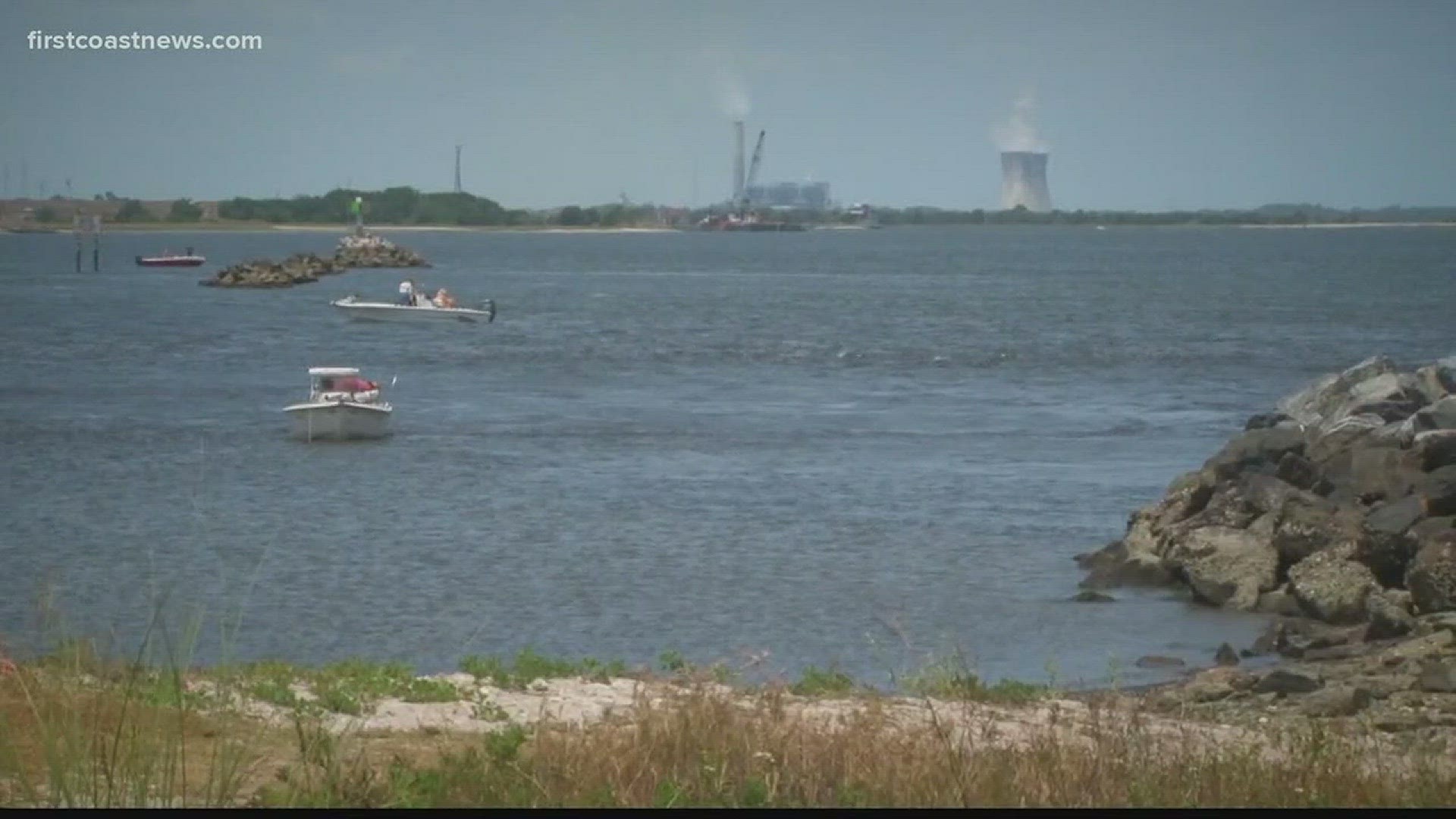A federal judge ruled against the St. Johns Riverkeeper’s attempt to halt deepening of the St. Johns River, saying the non-profit did not meet the high burden of showing the U.S. Army Corps of Engineers failed to assess the environmental impacts of dredging the river for bigger cargo container ships.
St. Johns Riverkeeper, which advocates for the river’s natural health, filed the lawsuit in April 2017 and expanded the legal challenge after Hurricane Irma caused massive flooding in September 2017.
Riverkeeper contended deepening the river would result in even worse flooding than the Corps should have evaluated to comply with the National Environmental Policy Act.
U.S. District Judge Marcia Morales Howard issued a ruling Tuesday that granted summary judgment in favor of the Corps and JaxPort, which is the local partner on the deepening project that would cost about $700 million to deepen 13 miles of the river.
“As the entity challenging the Corps decision, Riverkeeper bears the difficult burden of establishing that the Corps failed to comply with NEPA’s procedural requirements,” Howard wrote in her 73-page order. “The record before the court compels a finding that Riverkeeper has not met this burden.”
Howard said the Corps did flood models that showed “only slight increases in maximum water levels” from tide and storm surge with a deeper ship channel.
“This finding does not mean that a 50-year storm would not cause flooding, and Hurricane Irma showed that indeed it would,” Howard wrote. ”(T)his finding means that the project will not cause any significant increase in such flooding.”
Howard said the decision to deepen the river “in the face of Jacksonville’s existing flood risk” is up to elected officials, not something a federal court is allowed to second-guess or “substitute its own judgment on that issue.”
“Rather, the question for this court is only whether the Corps satisfied its obligation under NEPA to take a hard look at the environmental impacts of the project and provide decision-makers with relevant information,” Howard wrote.
Howard likewise ruled the Corps study of the deepening project complied with the federal requirements on other matters such as changes in river salinity and environmental mitigation.
Riverkeeper had tried to stop the deepening from starting, but Howard ruled in January 2018 that Riverkeeper did not show grounds for issuing a temporary injunction.
The Army Corps then began the deepening, which will bring the 40-foot depth of the river down to a 47-foot depth.
Based on the Corps study, Congress authorized deepening a 13-mile stretch of the river.
But JaxPort’s financial model for the deepening would stop at 11 miles. That would reach the Blount Island terminal where SSA Marine will expand its international cargo operation.
That would not reach the TraPac terminal, which is Jacksonville’s other terminal for Asian trade, located just west of the Dames Point bridge.
JaxPort has said it will need city financial assistance to keep the 11-mile deepening project on track. JaxPort is seeking $70 million from the city as its financial share of the project, and the port authority also is asking for a short-term $46 million loan.

